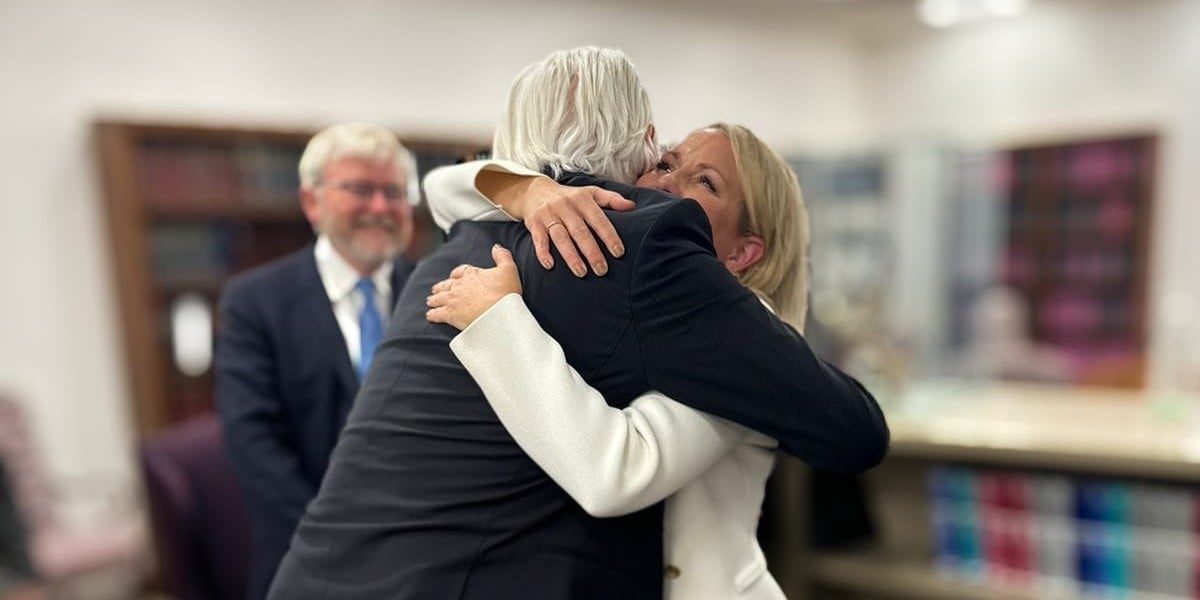
June 26, 2024 at 02:37PM
Julian Assange appeared in the US District Court for the Northern Mariana Islands and pleaded guilty to a single charge of Conspiracy to obtain and disclose national defense information. He was sentenced to 62 months, but as he had already served that amount of time in UK jails, he was released. Australian PM mentioned advocating for Assange’s resolution. Assange’s wife has urged supporters to help pay for his expenses and seeks a pardon for him.
From the meeting notes, it is clear that Julian Assange has been offered a plea deal to admit guilt to one charge in return for his freedom. The charge is “Conspiracy to obtain and disclose national defense information.” The judge accepted Assange’s plea, ordered a short recess, and then heard arguments from a US government lawyer suggesting a 62-month sentence, which the judge agreed to. However, since Assange had already served that time in UK jails, the judge ruled that he could leave the court as a free man. It was also mentioned that Assange’s extradition attempts to the US commenced in earnest after he was jailed by UK authorities for breaching his bail conditions. Furthermore, there were indications that US officials were considering an end to the case against Assange, and the Australian prime minister mentioned that they had been urging US officials to resolve the situation.
Additionally, it was pointed out that Assange’s wife has urged supporters to help pay for his flights and recovery expenses through a crowdfunding campaign. She has also mentioned that Assange intends to recuperate and enjoy the company of his children and nature in the short term, and she is pushing for a pardon by advancing the argument that he is a journalist to be celebrated for exposing uncomfortable truths.
The meeting notes also discussed differing opinions about Assange, with some viewing him as a traitor or a journalist whose sloppiness deserves censure, while others see him as exploited by the Kremlin as part of its attempts to meddle in the 2016 US presidential election. His admission of guilt to an offense under the US Espionage Act has created the persona of a harbinger of a new era of secrecy, and some view the conclusion of his case as the beginning of a new time of danger for certain types of journalism.